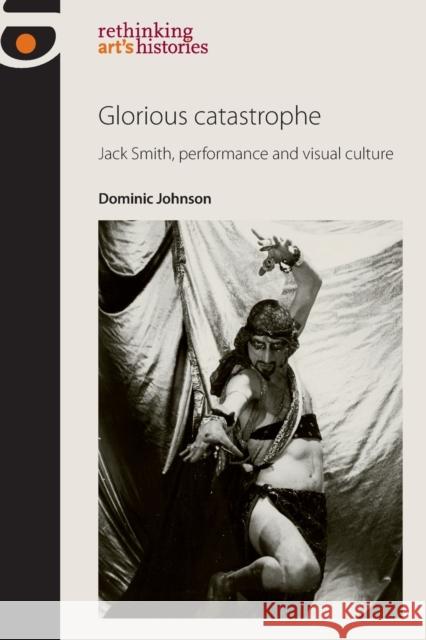Glorious Catastrophe: Jack Smith, Performance and Visual Culture » książka
Glorious Catastrophe: Jack Smith, Performance and Visual Culture
ISBN-13: 9780719091476 / Angielski / Miękka / 2013 / 256 str.
Heralded by peers as well as by later generations of artists, Jack Smith is an icon of the New York avant-garde. Nevertheless, he is conspicuously absent from dominant histories of American culture in the 1960s, as well as from narratives of the impact that decade would have on coming years. Glorious catastrophe presents a detailed critical analysis of Smith's work from the early 1960s until his AIDS-related death in 1989, and foregrounds the challenges his work may pose for histories of performance and visual culture. Smith poses uncomfortable challenges to cultural criticism and historical analysis, and his legacy sheds light on the ways canons of performance and visual culture have been established and maintained. Dominic Johnson argues that Smith's work offers critical strategies for rethinking art's histories after 1960, and considers Smith's practice towards a celebration of eccentric logics of cultural production, including boredom, excess, camp, paranoia, failure, and disgust. The first critical analysis of Smith's practice across visual art, film, performance and writing, this study employs extensive, original archival research carried out in his personal papers, and unpublished interviews with friends and collaborators. Johnson proposes to accept, endure, and record the experience of struggle - not least Smith's own - as a testament to one's own confusion, or possible destitution, in the encounter with performance and visual culture. Glorious catastrophe will be essential reading for students and scholars interested in the life and art of Jack Smith and the greater histories that he interrupts, including those of experimental arts practices and the development of sexual cultures.











